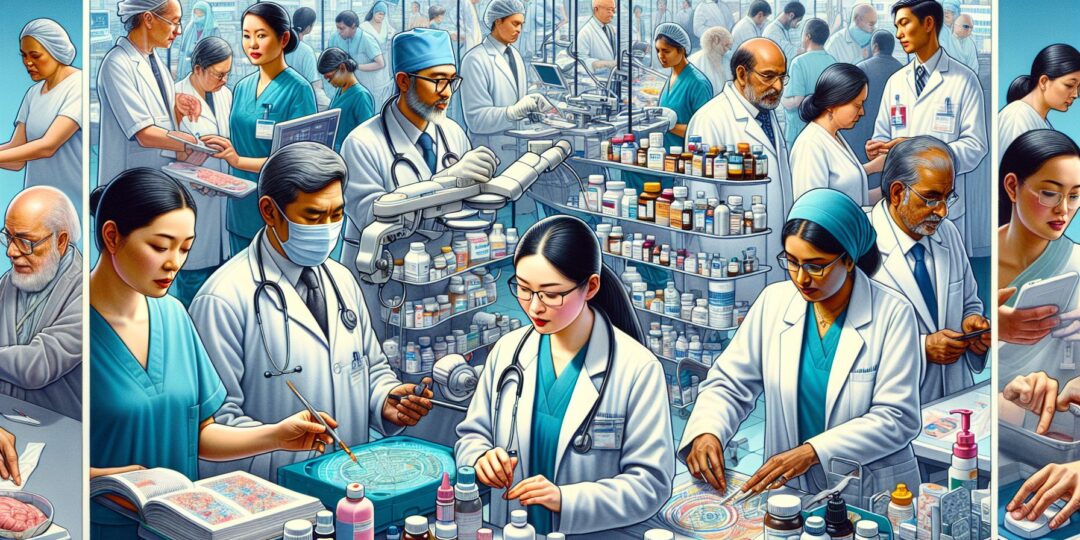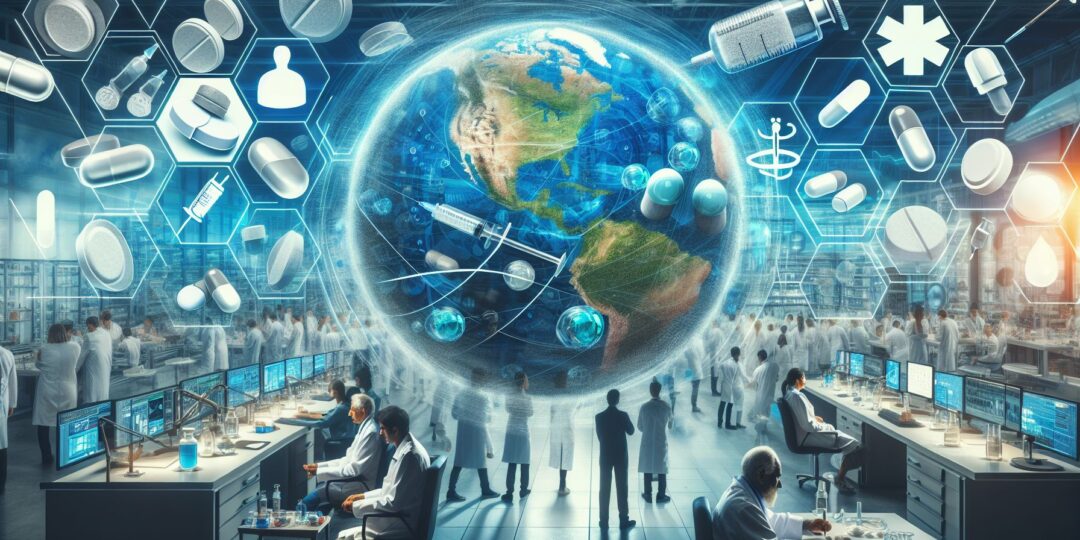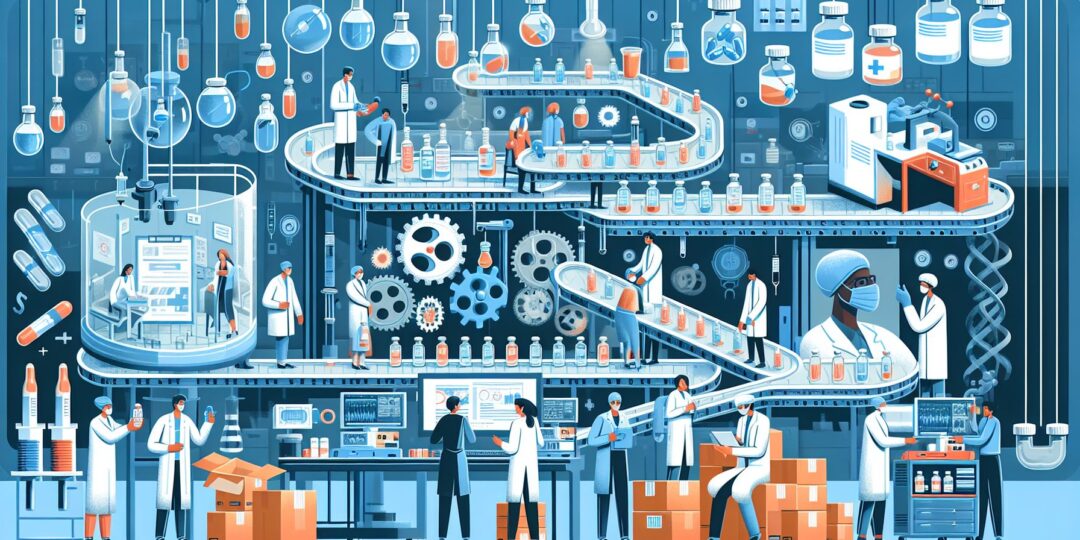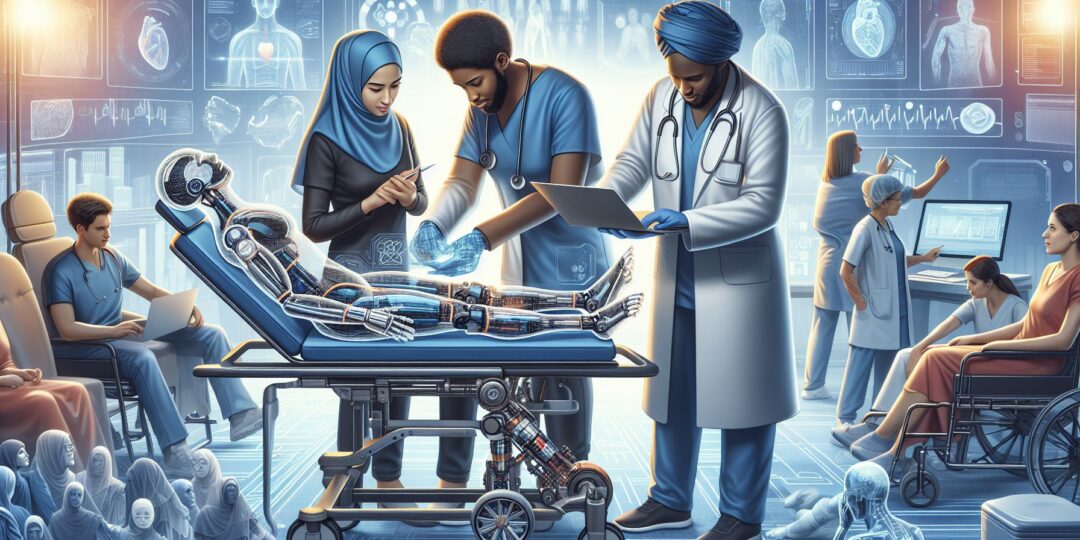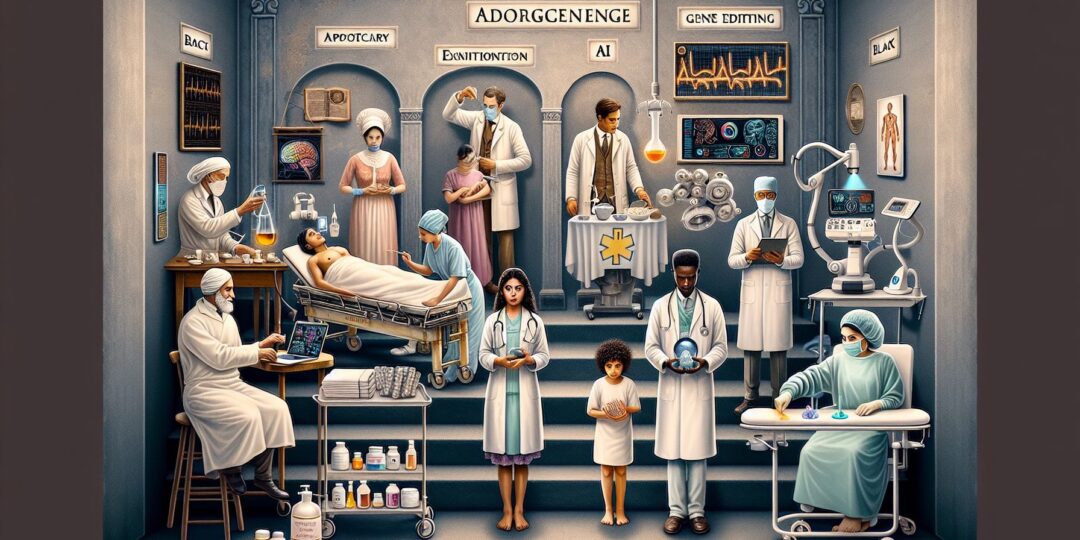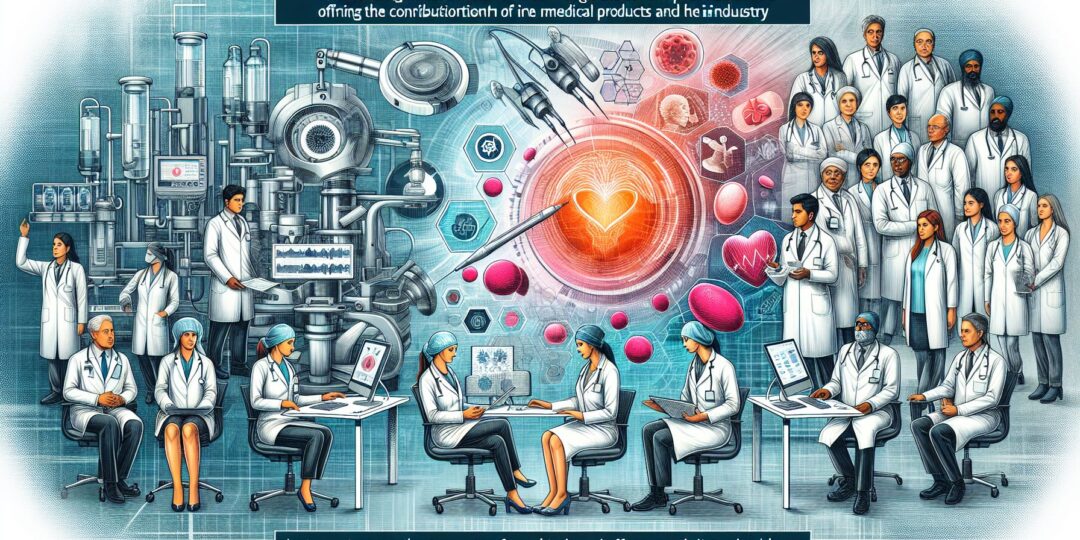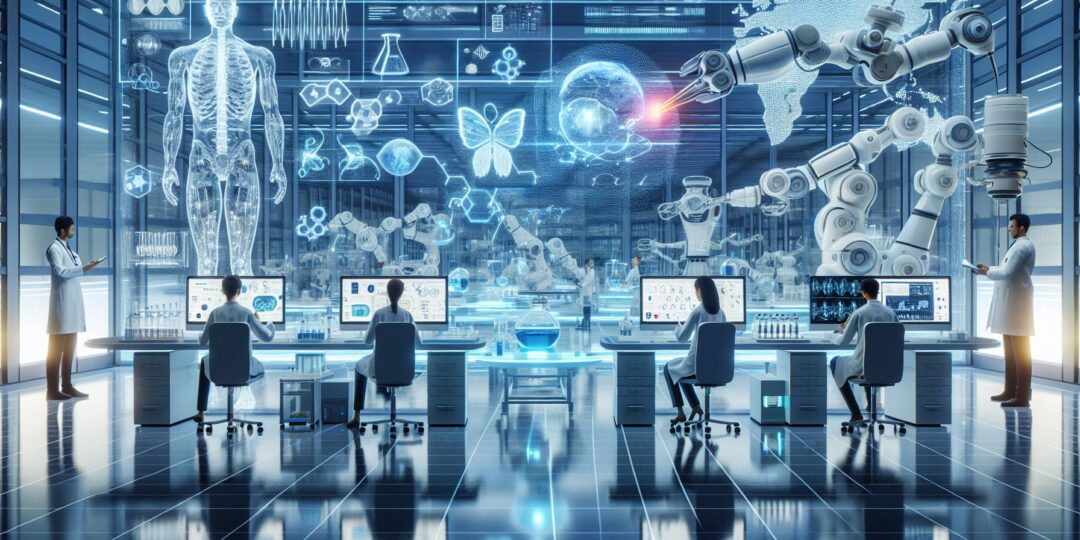The medical industry plays a crucial role in ensuring the health and well-being of individuals around the world. Medical products are essential in diagnosing, treating, and preventing various illnesses and diseases. From bandages and syringes to advanced medical devices and equipment, the range of products available is vast and diverse.
One of the key aspects of the medical industry is innovation. Companies are constantly researching and developing new products to improve patient care and outcomes. This includes everything from pharmaceuticals to medical devices and technology. Innovation in the medical industry has led to significant advancements in healthcare, such as new treatments for diseases, improved diagnostic tools, and more effective surgical procedures.
Medical products are also subject to strict regulations to ensure their safety and efficacy. The Food and Drug Administration (FDA) in the United States, for example, regulates the approval and marketing of medical products to protect public health. Companies must demonstrate that their products are safe and effective before they can be sold to consumers. This regulatory process helps to ensure that patients receive high-quality and reliable medical products.
In addition to regulations, the medical industry also relies on stringent quality control measures to maintain the safety and effectiveness of its products. This includes testing products for durability, accuracy, and performance to ensure they meet the necessary standards. Quality control is essential in the medical industry to prevent defects and ensure that products work as intended.
The medical industry is also continuously evolving in response to changing healthcare needs and advancements in technology. As new diseases emerge and healthcare practices evolve, the demand for innovative medical products continues to grow. This has led to a thriving market for medical companies and manufacturers who are at the forefront of developing cutting-edge products.
Overall, medical products and the industry as a whole play a vital role in improving healthcare outcomes and enhancing the quality of life for individuals worldwide. The constant innovation, stringent regulations, and focus on quality control ensure that patients have access to safe and effective medical products. As healthcare continues to evolve, the importance of the medical industry and its products will only continue to grow.…
Continue reading